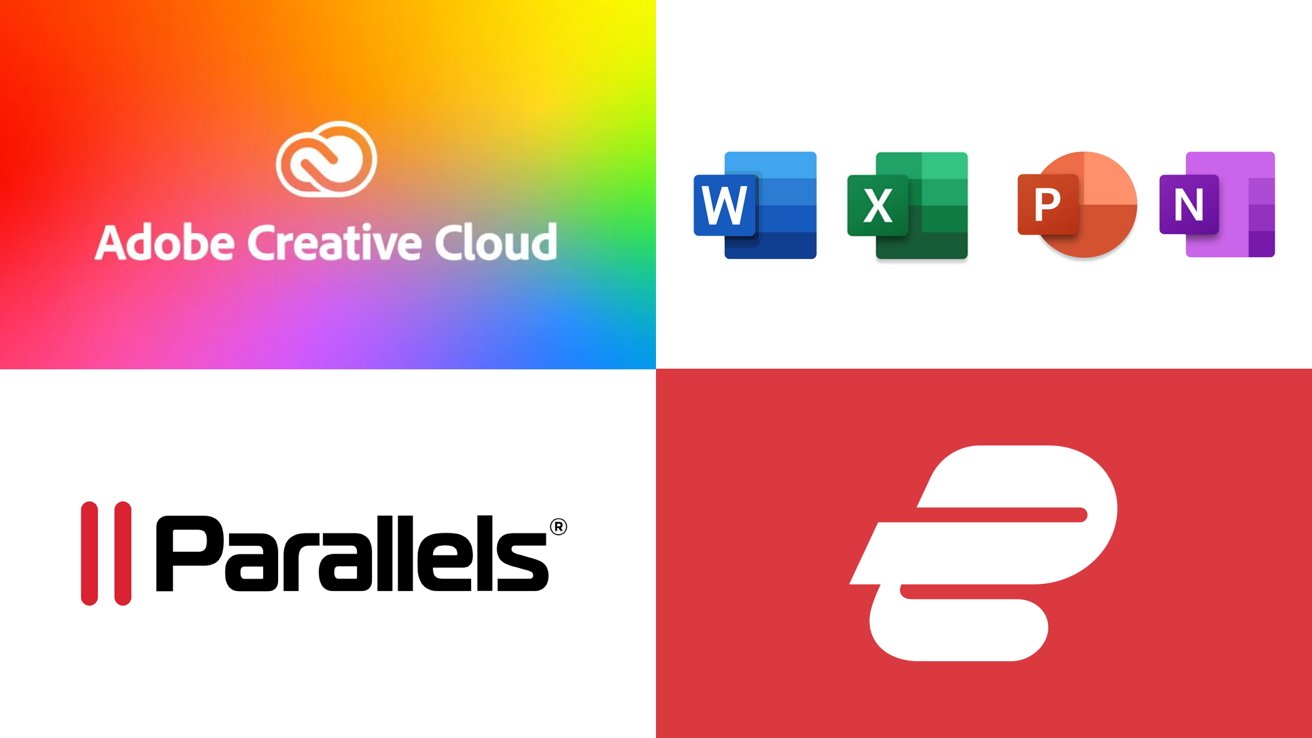“Since Generative AI hit the market 18 months ago, unprecedented hype has caused exaggerated expectations to distract from the technology’s true results and capabilities,” said Martijn Simons, GM Benelux & Nordics at Freshworks. “Executives who want to successfully adopt AI in 2024 must temper these expectations and separate the hype from the reality. This means identifying valid use cases, building an AI culture, forming the right teams, and tracking progress and ROI.”
Simons outlines some key reasons for AI adoption. “Increasing profitability and staying competitive are often the top reasons for businesses to adopt AI-integrated software. Our latest Freshworks Global AI Workplace research found that more than a third of employees globally (37%) say their company is adopting AI out of fear of missing the next big thing or falling behind in innovation.”
Budgets
Simons continues: “More than half (53%) of employees say they are pushing AI in their organization to maintain a competitive edge, and 46% say businesses are likely to fail without AI. However, CIOs need to demonstrate that they are not using AI for the sake of the technology itself, especially in IT organizations where budgets are under pressure.”
The right use of AI has led to promising applications that improve decision-making, rapid content creation, and personalized customer experiences. “This year, we’re seeing a shift from AI hype to real benefits. Our own AI innovations are driving tangible impact for our customers, especially in the areas of customer support and service.”
Staff
Employee engagement is key to building trust. “There’s a lot of talk about the ‘trust gap’ around AI, both among consumers and employees, with concerns about job losses, governance, regulation and ethics. However, more and more employees are trusting AI to improve performance and career opportunities.”
“Our report shows that knowledge workers are achieving significant productivity gains from AI, with nearly three in four employees globally (72%) believing AI adds value to their work processes. Furthermore, 81% of employees trust AI because they believe it improves the quality of work and increases productivity.”
Dutch executives
Research shows that more than half of executives (56%) worldwide consider themselves knowledgeable or expert in AI use. Their Dutch colleagues are leading the way in Europe in adopting AI tools in the workplace. A whopping 45% of them indicate that they have knowledge of AI, indicating a strong knowledge and confidence in this technology.
Dutch employees also excel in AI expertise, with 11% claiming expert status, higher than 6% in France and 5% in Germany. In total, 56% of Dutch employees are confident in their AI skills, making them the most confident globally.
Easy to use
The ease of use of AI-supported software is high in the Netherlands: 68% of Dutch respondents find it easy to use. More than half (52%) use AI tools daily or a few times a week, indicating broad integration into their daily activities.
Despite the widespread use of AI, Dutch respondents do not believe that AI will completely replace the human workforce; 67% believe in the continued need for human involvement. This is in contrast to Germany, where opinions are more divided on this (53%).
Invest
The Netherlands leads the way in willingness to invest in AI software: 59% of Dutch companies use paid AI tools, the highest in Europe and above the global average of 52%. In comparison, 53% of German and 44% of French companies use paid AI tools.
AI tools save Dutch respondents time: 53% claim AI saves them 1-4 hours per week, and 17% report saving 5-8 hours per week. These tools are mainly used for content creation (46%), translations (44%), data analysis (41%), and research and brainstorming (41%).
To assure
Nearly half of Dutch respondents (49%) believe that AI tools make their work easier, 37% say that the quality of their work improves, and 34% believe that they can perform more tasks as a result.
However, there are concerns among Dutch executives about losing access to the next generation of employees, with 39% expressing these concerns. Despite the enthusiasm for AI, 32% find new technology exciting, while 22% are exploring AI without concrete implementation plans. AI adoption is more common in IT and R&D, but less so in customer service, where only 6% are realizing its potential.
Performance
Simons says: “As organizations move from experimenting to executing with AI, they are evaluating which performance metrics are most relevant to understanding impact and ROI. Productivity is a key focus.”
“Employees in the Freshworks report estimate that AI significantly reduces their workload by summarizing reports, suggesting next steps and automating repetitive tasks, allowing them to do more valuable work.”
“In addition to productivity, key performance metrics for AI include better work quality, improved customer engagement, revenue increases, and higher employee satisfaction.”
Need
AI is quickly becoming a business imperative. “AI is no longer an experimental tool, but a driver of substantial efficiency and productivity gains across all industries. Companies that want to keep up with the competition must invest in AI. For those just getting started, business leaders must invest in generative AI partners that add value.”
Simons concludes: “The hype cycle is over and measurable results from AI implementations are becoming increasingly clear, making the technology hard for IT decision makers to ignore. With Generative AI, products now adapt to the way people think, changing the rules of the game. This technology will improve the lives of employees and their customers and contribute to the overall bottom line.”


/cdn.vox-cdn.com/uploads/chorus_asset/file/24054838/AMD_Ryzen_7000_Desktop_CPU_Lineup_low_res_scale_4_00x_Custom.png)



/cdn.vox-cdn.com/uploads/chorus_asset/file/24007866/acastro_STK109_microsoft_02.jpg)





